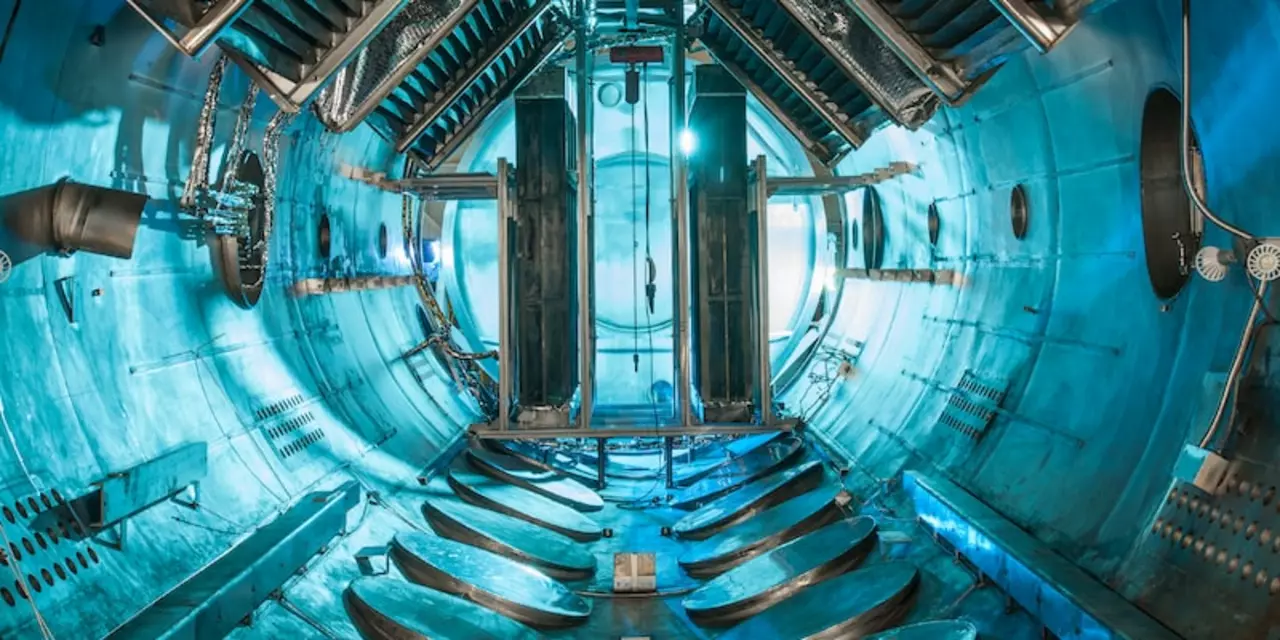Exploring the Social and Political Implications of Science Fiction Films
Science fiction films are often more than just entertainment. They can be used to explore the social and political implications of our future. From the utopian visions of Star Trek to the dystopian societies of Blade Runner, science fiction films can provide a window into what our future may hold.Many science fiction films explore the idea of technology and its potential impact on our lives. In films such as The Matrix, technology has been used to control the population and create a world in which individual freedom is severely limited. In films such as Wall-E, technology has been used to transform the world into a wasteland where the environment and human life have been destroyed.
In addition to exploring the potential effects of technology, science fiction films can also explore the possible consequences of our current social and political structures. For example, in films such as Elysium and District 9, social inequality is explored in depth and the consequences of such inequality are shown in vivid detail.
Science fiction films can also be used to explore the idea of a post-apocalyptic world. In films such as Mad Max and The Road, we are shown a world in which society has been broken down and resources are scarce. Such films can provide a stark reminder of the fragility of our current world and the potential consequences of our current course of action.
Science fiction films can provide us with an entertaining way to explore the potential implications of our future. By exploring the effects of technology, social and political structures, and post-apocalyptic scenarios, these films can help us imagine the possibilities of our future and the choices we make today.
Examining the Technological Advancements in Science Fiction Films
Analyzing the Impact of Science Fiction Films on our Future
Science fiction films have the potential to shape our view of the future. By creating imaginative and futuristic storylines, these movies can influence the way we think about the world around us. From predicting the rise of artificial intelligence to exploring the implications of space exploration, science fiction films have become a powerful tool for inspiring and educating viewers about the potential of our future.At its core, science fiction is a genre that strives to ask important questions about our society and how technology and science might shape our lives in the years to come. As we become increasingly reliant on technology for everything from communication to entertainment, science fiction movies can help us better understand how these advances might affect us.
By examining the possibilities of our future, science fiction films can help us think critically about the implications of the technology we rely on. For example, one of the most successful science fiction films of all time, Blade Runner, raises important questions about the ethics of artificial intelligence. The film explores the potential dangers of creating sentient machines, and how these machines could influence the future of society.
In addition to inspiring viewers to consider the implications of technology, science fiction films can also serve as a warning about the dangers of unchecked progress. Movies like The Matrix and The Terminator series both depict a future in which technology has become so powerful that it threatens to enslave humanity. By providing a cautionary tale, these films can help viewers better understand the potential consequences of unchecked technological advancement.
In sum, science fiction films can have a profound impact on our view of the future. By creating imaginative stories that explore the potential implications of technology and science, these movies can inspire viewers to think critically about the potential consequences of our actions. Whether they are used to educate or warn us, science fiction films can help us better understand the future that lies ahead.
Breaking Down the Cultural Significance of Science Fiction Movies
Science fiction movies have always been a window into the future. They can show us potential futures, both positive and negative, and can act as a warning for what could happen if we don’t change our ways. They can also be a source of inspiration, showing us the possibilities of what could be. Some of the most popular science fiction films, from Blade Runner to The Matrix to Avatar, have become cultural touchstones, influencing the way we think about the future and our place within it.In Blade Runner, for example, the film presents a future where technology has advanced to the point where robots are indistinguishable from humans. It raises questions about what it means to be human, and how technology can both enhance and degrade our lives. The Matrix, meanwhile, focuses on the idea of virtual reality, and how it can be used to manipulate people’s perceptions of reality. It speaks to our fears of technology and its potential to distort our understanding of the world. Avatar, too, is a cautionary tale about how technology can be used to control and exploit people, while also demonstrating the potential of technology to bring people together.
These films are just a few examples of the many science fiction films that have shaped our understanding of the future. By looking at these films and their cultural significance, we can gain a better understanding of the potential futures that await us, and how we can use technology to create a better world.
Investigating the Possible Real-World Applications of Science Fiction Films
Science fiction films have always been in conversation with the real world, even if they often take place in far-flung galaxies or alternate realities. As technology has advanced, filmmakers have been able to create more and more realistic depictions of the future. And, as these films often explore the potential applications of science and technology, they can serve as a platform to explore the potential implications of the real-world technology.Science fiction films can be used to ask questions and investigate the potential implications of the real-world applications of science and technology. For example, Steven Spielberg's 2002 film, Minority Report, is set in a future where a special police unit uses “pre-cogs” to predict and stop murders before they happen. While this technology is obviously fictional, it brings up important questions about the potential implications of using predictive technology, such as artificial intelligence or facial recognition software, for law enforcement purposes.
Science fiction films can also be used to explore the implications of using technology for social control. The Matrix series of films is a great example of this. In the films, an artificial intelligence system has taken control of the world, using a complex network of computer systems to keep people “plugged in” and under its control. While this system is obviously fictional, it raises important questions about the potential implications of using technology for social control.
Finally, science fiction films can be used to explore the potential implications of using technology to enhance human capabilities. In the Marvel Cinematic Universe, Tony Stark's arc reactor technology is used to create a suit of armor that gives him superhuman strength and speed. While this technology is obviously fictional, it raises important questions about the potential implications of using technology to enhance human capabilities.
Ultimately, science fiction films can be used to explore the potential implications of the real-world applications of science and technology. By examining these films and the questions they raise, we can gain insight into the potential implications of the real-world applications of science and technology, and begin to understand the possible implications of the technologies being developed today.



